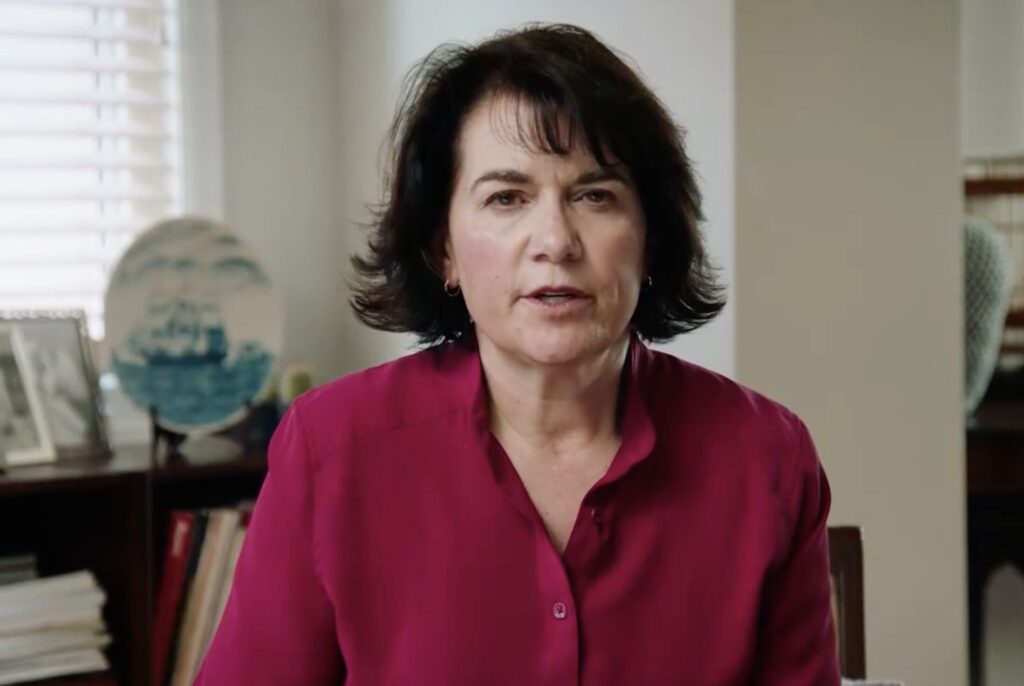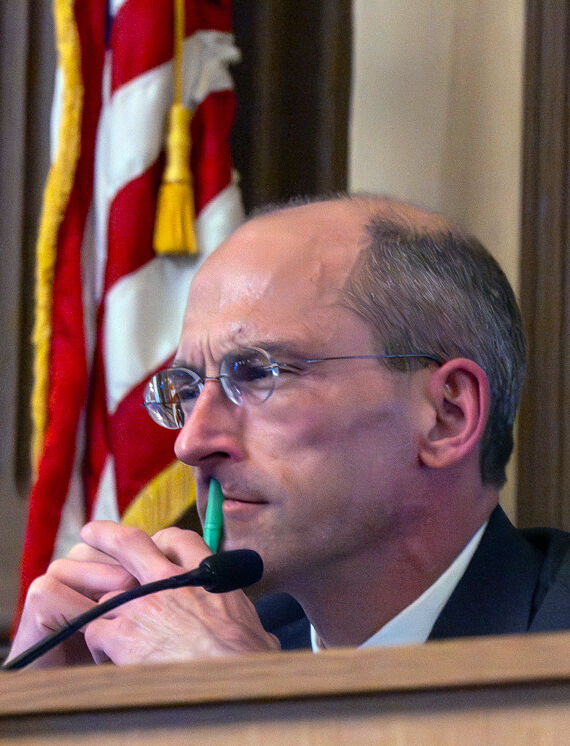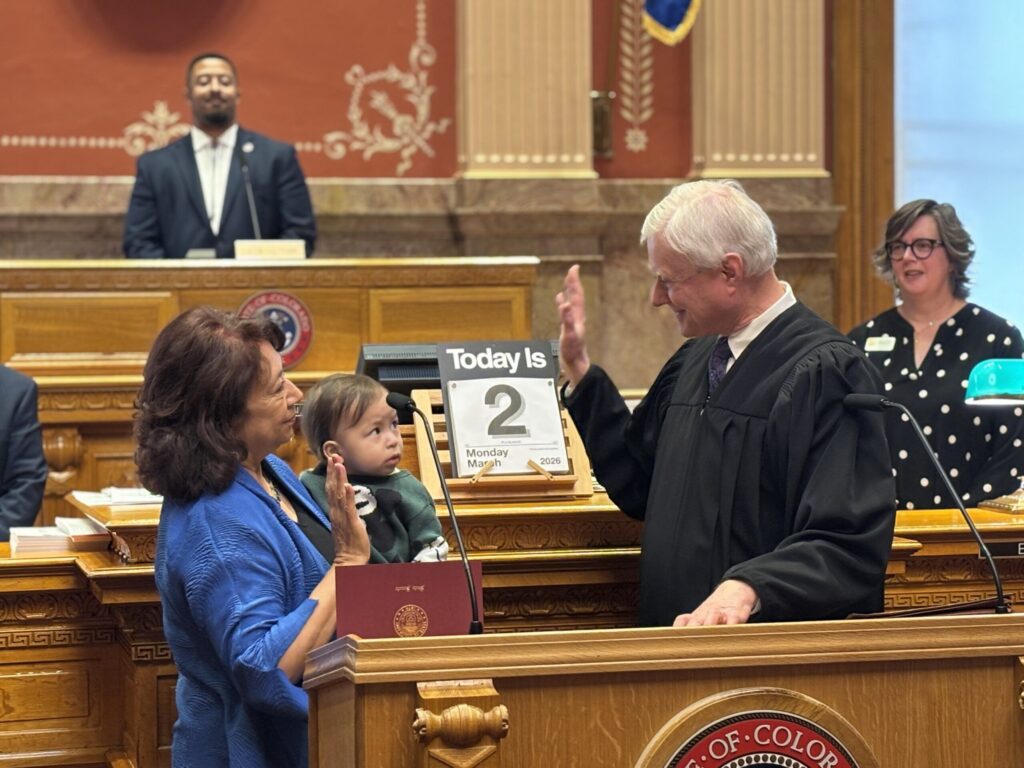Rain barrel bill dies on calendar
A bill that would have allowed Coloradans to collect rainwater died in the Senate late Tuesday night. But as with many major bills that died in the last three days of the session, this too, will return.
House Bill 15-1259 would allow Coloradans to collect up to two 55-gallon rain barrels of water that drains off their rooftops. The water could then be used for outdoor purposes, such as lawn and garden irrigation.
The bill became the center of one of the last great behind-the-scenes battles of the 2015 legislative session.
The battle began on April 16, when the bill came up in the Senate Agriculture, Natural Resources and Energy Committee. The committee’s chair, Sen. Jerry Sonnenberg, R-Sterling, strongly opposed the bill. During the hearing, he offered an amendment to require those who use rain barrels to register them with the state engineer so that he could monitor just how many people were using them. Sonnenberg admitted to the committee that he had not reviewed his amendment with the state engineer prior to the hearing, so he had no idea whether what he wanted was even doable. The state engineer, Dick Wolfe, said last week he could make that happen without additional resources.
Sonnenberg’s intention was to delay final action on the bill until the last day of the session effectively killing it. But that’s when Senate President Pro Tem Ellen Roberts, R-Durango, stepped in.
Roberts is the Ag Committee’s vice-chair and a supporter of the rain barrel bill. With her encouragement, Senate leadership put pressure on Sonnenberg to bring the bill up for action on Tuesday. The Ag Committee did two things: they rejected Sonnenberg’s amendment and with Roberts’ support, voted the bill out to the full Senate on a 6-5 vote.
HB 1259 was the last bill on the Senate debate calendar Tuesday night. “I thought this was a simple matter,” said the bill’s sponsor, Sen. Mike Merrifield, D-Manitou Springs. But that was the end of it. Moments later, Senate Majority Leader Mark Scheffel, R-Parker, asked the Senate to lay over the bill until Thursday, after the session ends.
Supporters, including municipal water districts, believe allowing rain barrels would help educate people on how much water they use and eventually help reduce water consumption. The legislation would have accomplished two goals, according to Chris Arend of Conservation Colorado. It would have legalized the use of rain barrels, which most Coloradans support, he said. Secondly, the legislation would increase awareness of water issues, such as the scarcity of water. When it doesn’t rain, a rain barrel would illustrate that Coloradans live in a desert environment and should be careful with water. “It’s a practical, common sense bill,” Arend said.
Opponents, including farmers and ranchers, believe that rainwater is covered under the state’s prior appropriations law, since it runs off into groundwater and surface water, such as rivers. Merrifield told members of the Ag Committee he would not have carried the bill if he thought it would hurt farmers and ranchers.
There’s a reason why rain barrels have been illegal in Colorado for the past 160 years, according to Chris Kraft of Fort Morgan, who operates one of the largest dairies in the state. “We’re short of water. People keep moving here. This is a worse idea today than it was a long time ago.” Kraft explained that farmers have to get a water court decree to get water, and some of those decrees date back to Colorado’s earliest days as a state. Kraft said his decree dates back to the 1890s, and he has to pay a lot of money for that decree and the ditch that supplies his farm with irrigation water. “This would allow people to steal water from my appropriation,” he told the Ag Committee. Kraft, who is on the board of the Morgan Ditch, said he also is concerned about lawsuits and environmental problems should the bill become law.
While HB 1259 won’t make it to the governor’s desk, the issue will float back to the surface this summer with the interim Water Resources Review Committee. Roberts will chair that group. But the conversation might take what Merrifield called a “simple bill” and end up with a more complicated solution.
Roberts told The Colorado Statesman Tuesday that she wants to work with both sides on the rain barrel issue, but she also wants to see that discussion take a more science-based approach. It also might not necessarily bring forth a one-size-fits-all solution. She explained that in some areas of Colorado, rainwater collection might have more than a minimal impact on water resources. All the state’s river basin districts are different in their water supplies, she said. What works for northeastern Colorado, which is not in drought, might not work for southeastern Colorado, which is in severe drought, according to the U.S. Drought Monitor.
Sonnenberg, also a member of the water committee, agrees with looking at the issue again this summer. “If we’re going to take water out of the system, someone’s got to replace that water,” he told The Statesman. “If a city augments that water so they can have rain barrels, that’s fantastic.” But it has to be done right, he explained.
Danielson was clearly disappointed but she is already thinking about next year. “I’m grateful Sen Roberts is really invested in the idea,” she told The Statesman Wednesday. “But I think the rain barrel bill is a straightforward solution.” Danielson said she looks forward to getting everyone at the table and to come back next session with a bill that allows people across the state to own rain barrels.
Colorado faces tough choices in its water use as the population grows amidst diminishing supply, said Pete Maysmith of Conservation Colorado. “Innovative steps like rain barrels can be part of solutions to help Coloradans conserve and use scarce water supplies wisely.”
– Marianne@coloradstatesman.com











